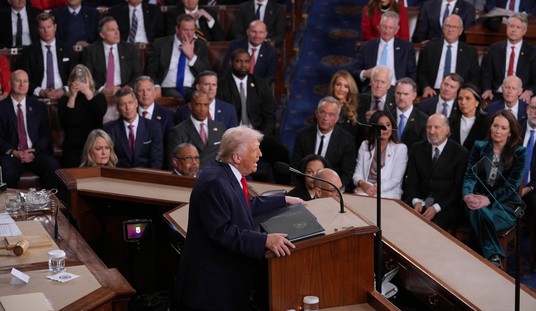Tax code reform has the potential to achieve what seems to be an impossible goal: increasing revenue while lowering tax rates. But legislators have put it on the backburner in favor of short-term quick-fixes, like tax cuts and other fiscal goodies.
Cutting away at the 67,000 pages of code could save the U.S. Treasury $1 trillion, and save the average tax filer 26 hours in lost time. More importantly, reform has the potential to end the corruption that comes when industry groups ask for special exemptions and kickbacks, at the expense of individual filers.
There are several reform plans floating around, but none have gained enough momentum to make it through Committee. The most recent deficit commission recommendations included a major push to reform the code, but the commission couldn’t even pass their own resolution.
“Simplification is nice, but the tax code is nicer,” said Benjamin Harris, a senior research associate at the Brookings Institution. “Congress would rather pass a tax cut than simplify the tax code.”
Curtis Dubay, a senior policy analyst at The Heritage Foundation, says that a lack of Presidential leadership is to blame.
“To have real fundamental tax reform really requires leadership on the Presidential level. It takes the President saying, ‘we need tax reform right now,’” said Dubay. “I don’t see that coming from the President.”
On Friday, David Brooks called for President Obama to make tax cuts a priority during his January State of the Union address. He pointed to the popular Wyden-Greg tax reform as the best option for fixing our tax code problems, based on reforms co-authored by Senators Ron Wyden (D-OR) and Judd Gregg (R-NH). Obama has shown no willingness to take up the mantle, however, despite promoting tax code reform during his campaign in 2008.
Recommended
Leadership is lacking on the Republican side as well. There have been no pushes from GOP leaders on the issue, save for Rep. Dave Camp, R-Mich., who is likely to chair the House Ways and Means Committee next term. Camp came out with horns blaring in a November speech, claiming he was going to start the battle on tax code reform, which currently discourages “work, savings, and investment.”
Camp was one of the “no” votes on the deficit commission that included code reform, but Camp and other conservatives claimed the recommendations would have raised taxes too much overall. Dubay was skeptical that any sort of deficit commission would be effective in tackling the issue, anyway – at least in the short-term.
“As far as getting a conversation going, [the commission] is probably pretty useful, but as far as being implemented, I think it falls short,” he said.
Dubay does not agree with Harris on precisely what reforms should be implemented, but he does agree that “commissions” won’t lead anywhere.
“I think that it will not be a commission that incentivizes tax reform. I think it will be problem with taxes that incentives tax reform,” said Harris. "I think we’ll eventually see the problem with high deficits… and that will incentivize tax reform.”
Both experts agree that it should be a priority, however, with Harris claiming that an overly-complicated tax code results in “an overall lower standard of living for all Americans.”
“It’s a huge drag on the economy because of the inefficiencies it promotes,” said Dubay. These inefficiencies “hollow out the tax base, and make the tax rates higher than they actually have to be.”
























Join the conversation as a VIP Member